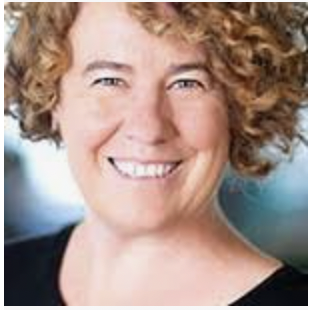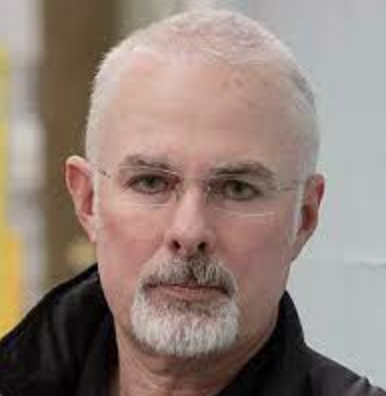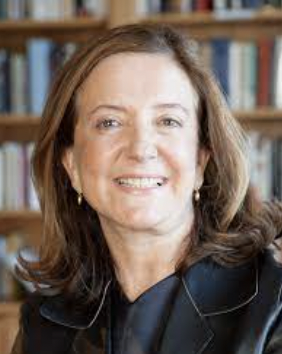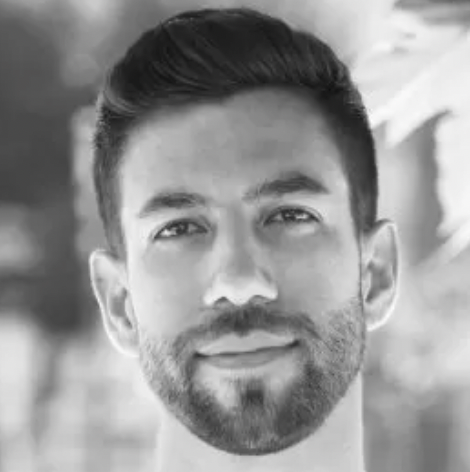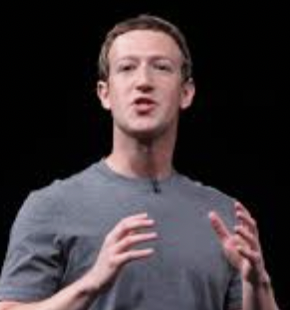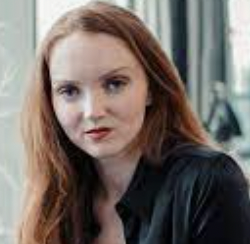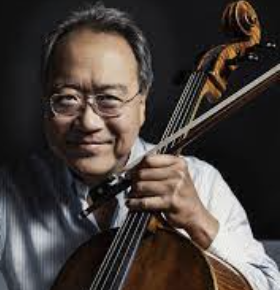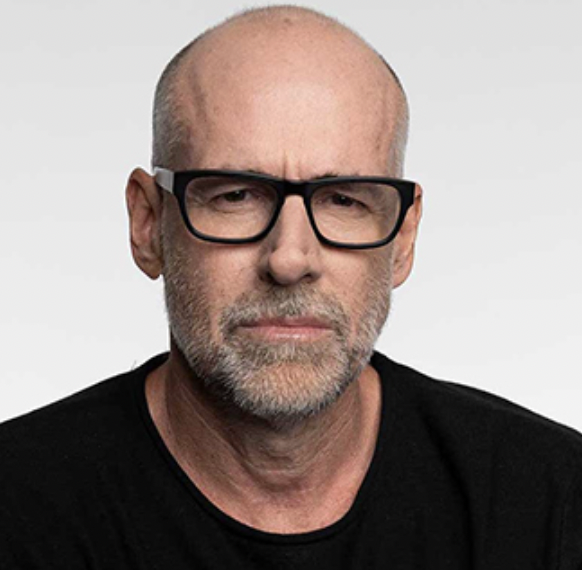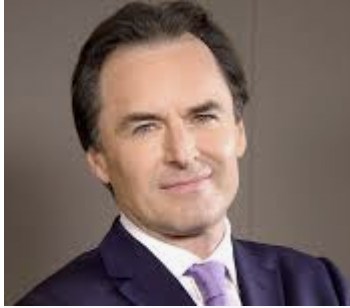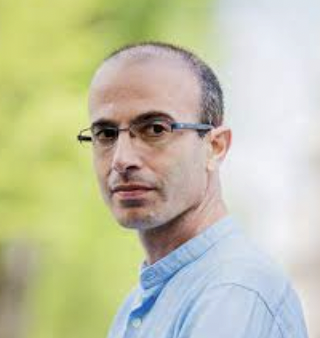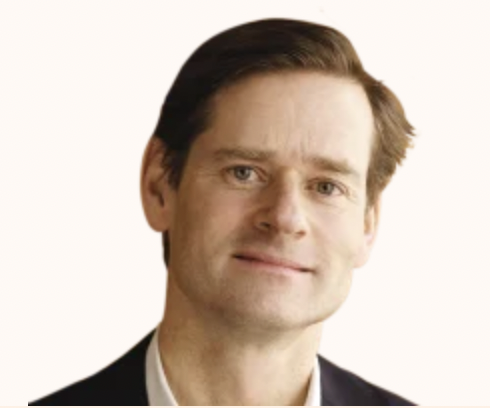Question: The Great ReThink
The global pandemic has been described with terms like ‘once in a lifetime,’ ‘unprecedented,’ and ‘years lost.’ Regardless of the terminology, the coronavirus pandemic has placed immense pressure on our societies, necessitating significant changes in our daily lives and work routines.
When the pandemic begins to recede (and we will), the question arises: what will the post-pandemic world look like? This section is dedicated to exploring how we can move forward and envision a new reality.
Verified News stories

How can society thrive post-pandemic?
Future gazing with global leaders on what's next...
How will people change and grow in the wake of the pandemic?
We don’t yet know the answer – in many respects, we don’t even know the right questions to ask. To better guage what lies ahead, several dozens of global thought leaders, doers and thinkers have been asked what they think for this Unknown Questions series, in which the aim is to unearth the biggest questions we should be asking as we move toward a post-pandemic society.

What Will the World of Work Look Like After Covid-19?
Here's why this is important...
Hybrid working. Robot colleagues. Four-day weeks. Covid-19 hasn’t just changed the way we perform our jobs today — it’s also kickstarted a broader push to rethink the world of work.
In the near term, one of the most important factors in determining the future of work will be the global vaccine rollout. For many workers a return to the office (and the crowded commuter trains and lunch spots that support it) won’t be a viable option until more people have been inoculated. But the rollout won’t fully answer the questions, where, when, and how should we work when this is all over?

What we should keep in the post-pandemic
Here's why this is important...
These lessons from the quarantine era made our lives richer, healthier and more meaningful. Here’s what to hold on to after Covid.
As we journey through the pandemic, it’s clear that we should do more to protect and appreciate the people we interact with on a daily basis, even as we make sure to respect their boundaries. That we shouldn’t take for granted the ones we love but don’t see enough — and that maybe we should rethink our living arrangements, or at least our use of technology, to be closer to them.
Who's involved
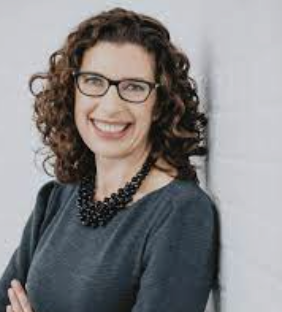
Dr. Megan Ranney Associate Professor Of Emergency Medicine And Public Health
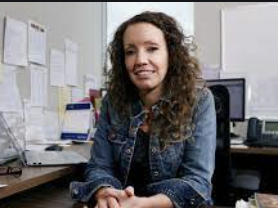
Dr. Christina Wyman author novel “Jawbreaker”

Kim Kelly Freelance Journalist, Organizer And Author

Rachel Pomerance Berl Writer on Health, Parenting

Deanna Fox Food And Agriculture Journalist

Samhita Mukhopadhyay Journalist, Writer
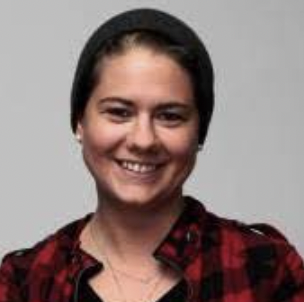
Meredith Bennett-Smith Managing Editor of MSNBC.
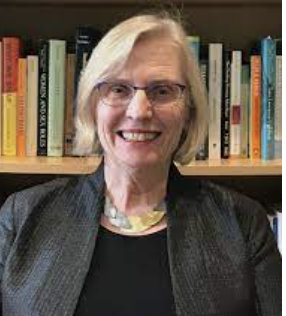
Maggie Mulqueen, Ph.D Psychologist, author of "On Our Own Terms: Redefining Competence and Femininity

How can society thrive post-pandemic?
Here's why this is important...
THE GREAT RESET
The COVID-19 pandemic has provided a unique opportunity to think about the kind of future we want. TIME partnered with the World Economic Forum to ask leading thinkers to share ideas for how to transform the way we live and work.
Verified podcast
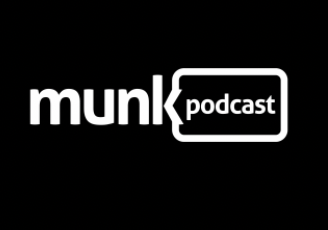
Munk Debates: Scott Galloway on Big Tech’s Role & the Unremarkables & Future of Capitalism
Here's why this is important...
COVID-19 has fast-forwarded us into a confusing and uncertain future. Nowhere are the accelerating forces of the pandemic more evident than in our society.
This episode features Scott Galloway professor of marketing at NYU’s Stern School of Business, and a serial entrepreneur on unpacking the key insights in his new book Post Corona, a look at how the pandemic has accelerated technology, putting into play everything from the future of higher education to Big Tech’s role in society to the future of capitalism.
Verified Videos

Yuval Noah Harari: ‘The World after Covid’
Here's why this is important...
How can we summarise the ‘time of Covid’ from a broad historical perspective? Many people believe that the terrible toll coronavirus has taken demonstrates humanity’s helplessness in the face of nature’s might. In fact, 2020 has shown that humanity is far from helpless. Epidemics are no longer uncontrollable forces of nature. Science has turned them into a manageable challenge.
The first alarm bells about a potential new epidemic began sounding at the end of December 2019. By January 10 2020, scientists had not only isolated the responsible virus but also sequenced its genome and published the information, online. Within a few more months it became clear which measures could slow and stop the chains of infection. Within less than a year several effective vaccines were in mass production. In the war between humans and pathogens, never have humans been so powerful.

99 Big Thinkers On Our ‘World After Coronavirus’ Might Look Like
What the experts have to say and why it matters...
The Frederick S. Pardee Center for the Study of the Longer-Range Future at Boston University thought that it might be useful to begin thinking about “the day after coronavirus.” The project took on a life of its own. Over 190 days, 103 videos – each in the vicinity of five minutes long, with one simple question:
How might COVID-19 impact our future? One thing is certain there’s no “going back to normal.”
Who's involved
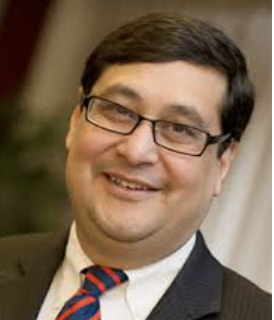
Adil Najam Dean, Frederick S. Pardee School of Global Studies, Boston University


